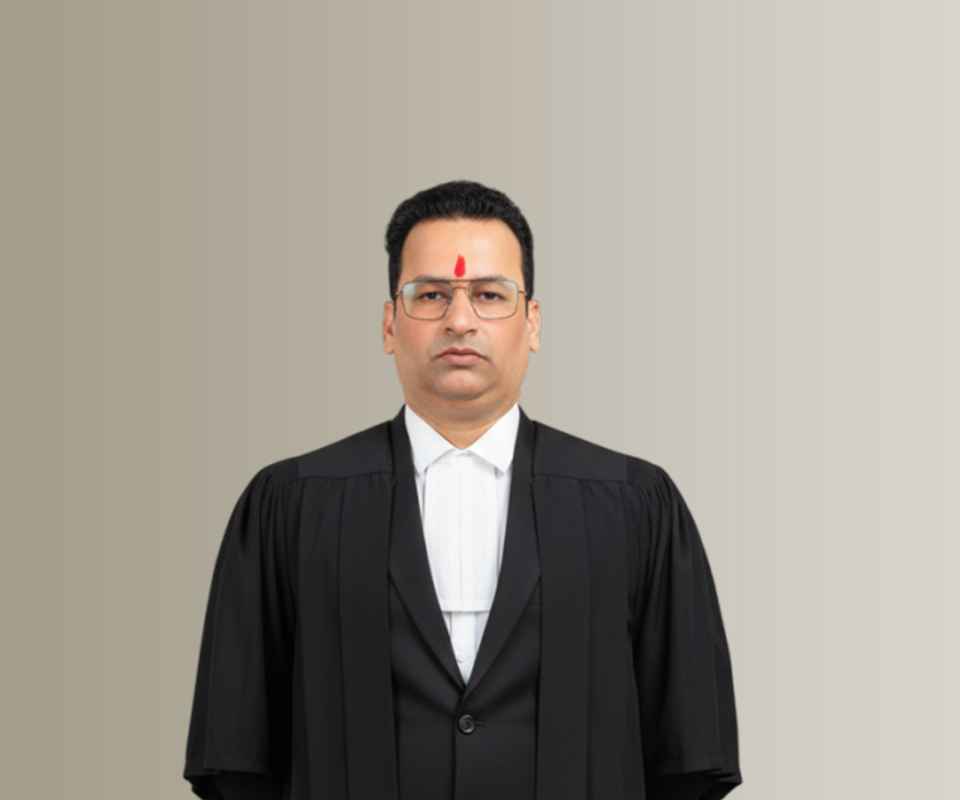Answer By law4u team
When a tenant dies during the lease period, the question of who is entitled to the refund of the security deposit often arises. The responsibility to return the deposit depends on various factors, including the terms of the lease, local laws, and the involvement of the tenant’s legal heirs or estate executor.
Is the Landlord Obligated to Refund the Security Deposit to Legal Heirs?
1. Security Deposit Return After Tenant's Death:
Tenant’s Estate or Heirs: Generally, the security deposit is returned to the tenant’s estate or legal heirs. If the tenant dies, the responsibility for managing the tenant’s affairs, including the return of the security deposit, falls to the executor of the estate or the legal heirs.
Estate Executor’s Role: The executor of the tenant's estate handles the tenant’s financial obligations, including ensuring that the security deposit is refunded, provided there are no damages to the property or unpaid rent.
2. Conditions for Refund of the Security Deposit:
Property Condition: The security deposit is meant to cover any damages to the property or unpaid rent. Before the deposit is refunded, the landlord will inspect the property. If there is no damage or unpaid rent, the security deposit must be returned to the estate or legal heirs.
Lease Agreement Terms: The lease agreement may include provisions that address the tenant’s death, outlining who receives the security deposit in case of the tenant's passing. If the lease does not specify, the landlord must follow the general legal requirements for returning the deposit to the estate or heirs.
Outstanding Rent or Damages: If the tenant’s estate or heirs owe any unpaid rent or the property has sustained damage, the landlord is entitled to deduct these costs from the security deposit before returning the balance to the legal heirs or estate.
3. Timeframe for Refund:
Legal Obligations: Most jurisdictions require landlords to return the security deposit within a specific timeframe (usually 30 to 60 days) after the tenant vacates the property. This timeframe applies even after the tenant's death, and the legal heirs or estate executor must ensure that all necessary steps are taken to allow the landlord to return the deposit.
4. How to Claim the Security Deposit:
Documentation: The legal heirs or estate executor should provide documentation to the landlord to prove their identity and their right to the security deposit, such as a copy of the death certificate, proof of heirship or will, or letters testamentary if the estate is being managed.
Cooperation with the Landlord: The heirs or estate must cooperate with the landlord to facilitate the inspection of the property and to resolve any potential issues that may affect the return of the security deposit.
Example:
If a tenant passes away in an apartment and the landlord inspects the property, finding no damages and no unpaid rent, the landlord is legally required to return the security deposit to the tenant’s legal heirs or estate. The heirs provide proof of their relationship to the deceased, and the landlord refunds the deposit within the legal timeframe. However, if the tenant had caused damage to the property or had unpaid rent, the landlord can deduct those amounts from the deposit before returning the balance to the heirs.







